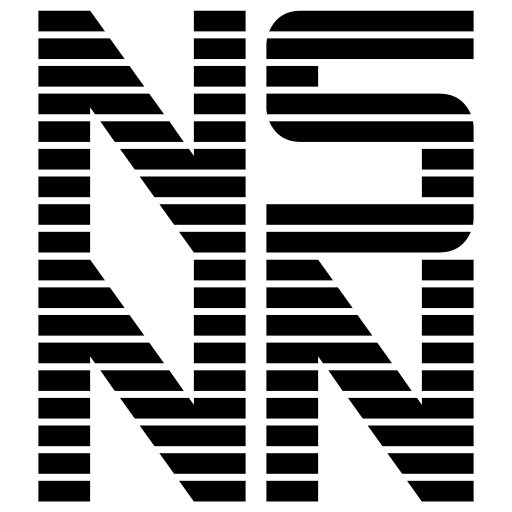Agile Space Industries, a propulsion focused company, announced that their A110 reaction control system (RCS) thruster has finished qualification testing. Passing this major milestone puts the company and their thruster on the path to the Moon.
The qualification process for the A110 thruster required the building of a flight-quality article to put through testing. The thruster was then put through vibration, shock, and hot fire testing. Agile reports that the A110 exceeded the expectations that they will face during an actual mission. The A110 is also pioneering the commercial use of M20 fuel that will increase performance during high Delta-v missions, such as landing on the Moon.
“Testing the thruster in a high-fidelity environment across all potential mission conditions is something we could have only done using our advanced hypergolic test stands, and our customers have confidence knowing it will work when they need it, said Daudi Barnes, CTO and Founder of Agile. “It’s to test every potential scenario, because on final descent to the lunar surface, scrubbing is not an option.”
With qualifications met, Agile can start to produce and deliver the thrusters to customers. Japanese company ispace, who have a lander in orbit around the Moon with an intended landing date of April 25, will be using the A110 on their landers starting on HAKUTO-R Mission 3 in 2025. Agile also lists Astrobotic as a customer who will use the A110 on their Griffin lander. Agile expects more customers as organizations around the world prepare missions to the lunar surface, including NASA’s Artemis program which will see the return of humanity to the Moon.
“The existing options for high performance storable rocket engines were not suitable for the unique demands of landing on the Lunar surface, and we needed to develop a new product to enable their mission.” said Lars Osborne, Agile Chief Engineer for the A110 Thruster. “These are challenges the US space industry has not faced in several generations, and it is thrilling to contribute to a sustainable return to the moon. Qualifying this attitude control thruster is one small step in a larger effort, but one we are proud of.”

Leave a comment